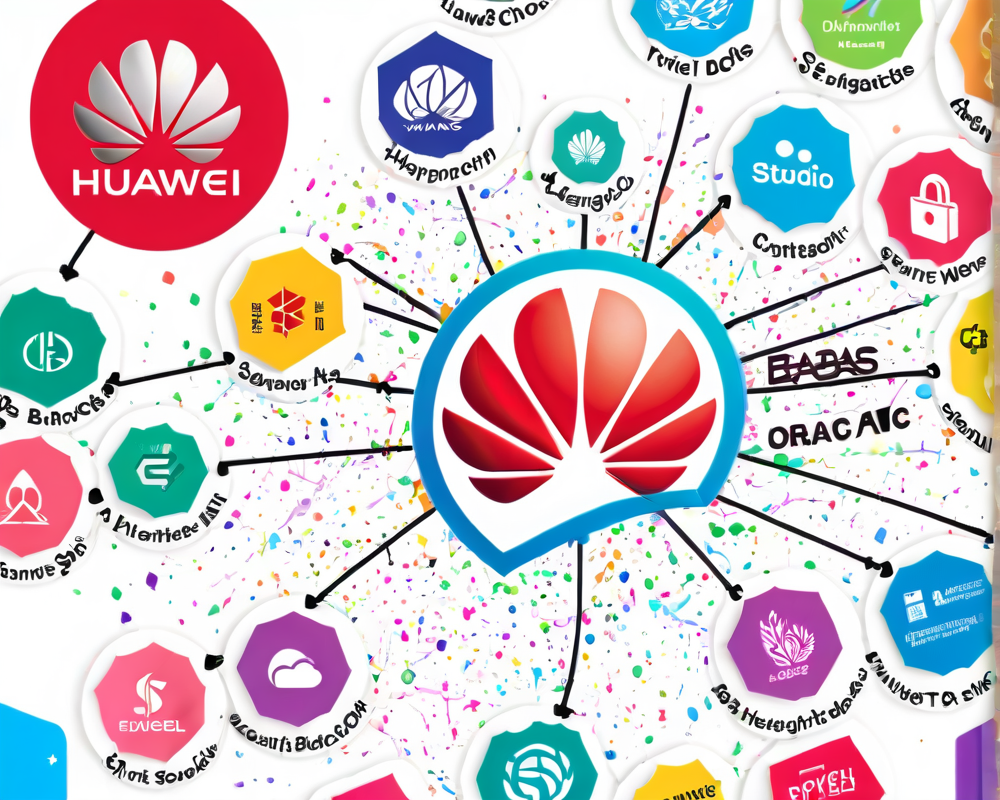Huawei Unveils Its Blockchain Service
In a move that has turned heads in the tech industry, Huawei announced its latest Blockchain-as-a-Service (BaaS) tool at a conference in Shenzhen on April 17. This service, simply dubbed the “Blockchain Service,” aims to provide cutting-edge solutions to enterprises and developers alike, proving that sometimes simplicity is key—even in the high-tech world.
What’s Behind the Scenes?
Powered by Hyperledger, an open-source blockchain initiative that’s marked its territory under the Linux Foundation since 2015, this service is much more than just a flashy name. The blockchain landscape has grown densely populated over the years, and Huawei is aiming to carve out a significant piece of this digital pie.
A Platform Built for Developers
Huawei’s Blockchain Service is crafted for high performance, availability, and security. The official description promises a rapid and cost-effective route for developers and businesses to not just create, but also deploy their blockchain solutions on Huawei Cloud. It’s like giving developers a digital toolkit to build whatever their hearts desire—minus the risk of stepping on rusty nails.
Staying Ahead in the Blockchain Race
Keeping up with Chinese electronic giants like Tencent and JD.com is no small feat. Huawei has been tirelessly working on its blockchain solutions since May 2017, and with their significant investment and sponsorship of Hyperledger, they’re showing up ready for the competition. It’s like the tech Olympics and Huawei is sprinting, hoping to cross the finish line first!
What About the Competition?
Notably, Baidu, another heavyweight in the Chinese internet landscape, has entered the blockchain arena. Their journey includes joining Hyperledger in October 2017 and launching a blockchain-based image rights platform—all in the quest for digital supremacy.
A Future Full of Potential
With Huawei’s Blockchain Service in full swing, the future’s looking promising. Companies now have a viable option to explore blockchain technology, and it seems this isn’t just a passing fad but a robust tool for technological growth. As competition heats up, it will be fascinating to witness how these platforms evolve and serve their users.




